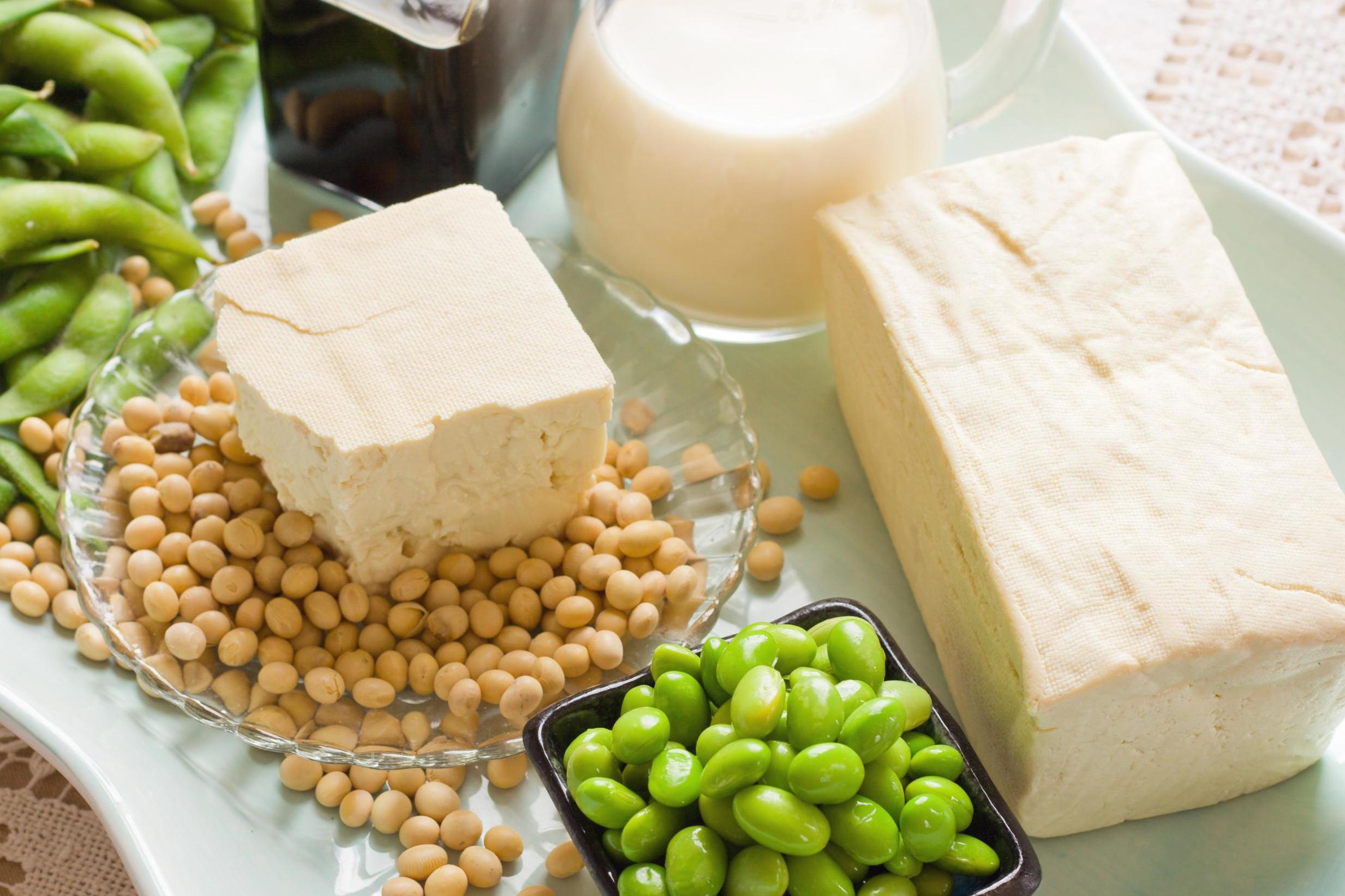The truth about what soya does to men’s bodies
Is it really as bad as people say?

Your support helps us to tell the story
From reproductive rights to climate change to Big Tech, The Independent is on the ground when the story is developing. Whether it's investigating the financials of Elon Musk's pro-Trump PAC or producing our latest documentary, 'The A Word', which shines a light on the American women fighting for reproductive rights, we know how important it is to parse out the facts from the messaging.
At such a critical moment in US history, we need reporters on the ground. Your donation allows us to keep sending journalists to speak to both sides of the story.
The Independent is trusted by Americans across the entire political spectrum. And unlike many other quality news outlets, we choose not to lock Americans out of our reporting and analysis with paywalls. We believe quality journalism should be available to everyone, paid for by those who can afford it.
Your support makes all the difference.While some dietitians and scientists laud the humble soya bean for its vegan-friendly, fat-free, protein-rich composition, others argue that it inhibits male reproductive hormones.
So, what’s the deal? Is the Asian cuisine staple the nutritious plant-based product that so many hail it to be? Or is it really as bad for men as they say?
When it comes to men and soya, the majority of the alleged issues are surrounding sexual function and sex hormones.
For example, research has linked regular consumption of soya in men to lower concentrations of sperm.
One study carried out by the Harvard School of Public Health in 2008 found that this was true for men who ate an average of half a serving of soya foods a day, with the effect being particularly prevalent in participants who were overweight and obese.
Meanwhile, another study from 2011 examined the effects of soya on one 19-year-old man who consumed large quantities of soya as part of a vegan diet. After careful analysis, his soya consumption was linked to erectile dysfunction and hyposexuality. His testosterone levels also dropped drastically.
However, as leading Harley Street nutritionist Rhiannon Lambert points it, it’s important to note that this research was conducted with just one participant who was also a type one diabetic and therefore there may have been additional factors that impacted the result.
“We cannot possibly apply the conclusion of one study based on one male to the larger population,” she told The Independent.
Similar conclusions were reached by another study conducted on male rats who were exposed to high doses of isoflavones in the womb, a compound which is rich in soya beans and soya products, and subsequently experienced a stunt in sexual organ development. Another study from 2000 had similar results.
However, it goes without saying that rats and humans are somewhat different in terms of almost everything and therefore Lambert argues that these studies may not be entirely reliable either.
One common misconception surrounding soya is that it causes hormonal imbalances, explains dietician Nichola Ludlam-Raine, depriving men of testosterone and promoting the production of oestrogen.
Ludlam-Raine argues that these myths typically derive from studies conducted on animals who have been given extremely high doses of soya, far more than the average human would ever consume.
“Animals metabolise soya very differently to humans and so the two cannot be compared,” she told The Independent.
However, when it comes to looking at research touting the benefits of soya, it’s worth noting that these are often conducted by companies and individuals whose best interest is to promote the health benefits of soya and therefore they may not be entirely unbiased datasets.
For example, one 2010 cross-reference study claimed that soya foods “do not have feminising effects on men” as some speculate.
However, this research was led by Dr Mark Messina, executive director of the Soy Nutrition Institute and the author of a book entitled The Simple Soybean and Your Health.
Messina also co-authored a study that same year which concluded that neither soya protein nor isoflavones had any effect on male reproductive hormones.
Despite the conflicting research, both Lambert and Ludlam-Raine advocate soya consumption as part of a healthy diet, particularly for those following a plant-based plan.
Regular and moderate consumption of soya products could also reduce cholesterol levels as proven in many studies, explained a spokesperson for the British Dietetic Association.
"Soya drink as a milk alternative is undoubtedly the best dairy-free option if you are vegan, as it has much higher protein levels than alternatives like nut or rice drinks marketed as ‘milk’ alternatives," they told The Independent.
"Soya beans can also provide a contribution to your fibre intake."
“Soya is a complete source of protein which makes it ideal is men following a vegetarian or vegan diet,” Ludlam-Raine added.
“Eating soya also has a positive impact on blood cholesterol levels which helps to reduce the risk of heart disease.”
However, scepticism surrounding the benefits to cardiovascular health remain rife, with the Food and Drug Administration pledging to revoke health claims surrounding soya as recently as October 2017 due to a paucity in scientific evidence proving the independent benefits.
With the overwhelming amount of disparaging information, it seems that soya consumption might best be left to personal preference, with Lambert explaining that one to two portions of soya a day is harmless to the average person, be they male, female or otherwise.
Join our commenting forum
Join thought-provoking conversations, follow other Independent readers and see their replies
Comments